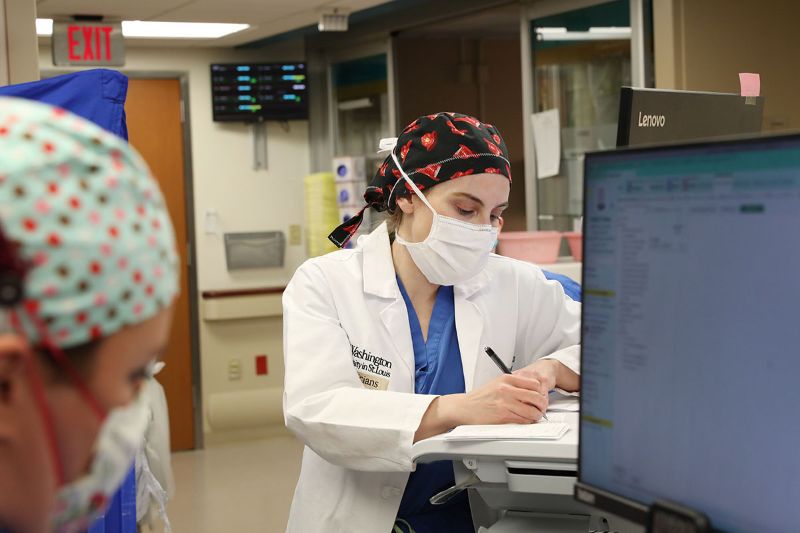
An international group of researchers is conducting a clinical trial to assess antimalaria drug chloroquine for preventing Covid-19 or reducing its severity in front-line healthcare workers.
The research group, named COVID-19 Research Outcomes Worldwide Network (CROWN), aims to investigate different therapies for the disease.

Discover B2B Marketing That Performs
Combine business intelligence and editorial excellence to reach engaged professionals across 36 leading media platforms.
Chloroquine is being evaluated in the CROWN CORONATION trial, which is being conducted from Washington University School of Medicine in St Louis, Missouri, US.
Washington University School of Medicine is the clinical coordinating centre for the international trial, which is co-led by collaborators from University College London and Wits in South Africa.
Washington University anesthesiology department professor and head Michael Avidan said: “Because of their repeated close contacts with infected patients, front-line health-care workers in all parts of the world have a higher risk of contracting Covid-19 than most members of the general public.
“In some places, more than 10% of those who have become infected are health-care workers. There is an urgent need to identify drugs that are effective at preventing infection or mitigating its severity.”

US Tariffs are shifting - will you react or anticipate?
Don’t let policy changes catch you off guard. Stay proactive with real-time data and expert analysis.
By GlobalDataCROWN CORONATION will be a large-scale study that will enrol nearly 30,000 front-line healthcare workers worldwide, including in lower and middle-income countries. It will assess three unique dose schedules of chloroquine in healthy participants.
The trial aims to study the drug’s ability to prevent Covid-19 infection in healthcare workers or mitigate the disease severity in infected people. Researchers also intend to establish the lowest dose that could provide a benefit.
Avidan added: “When people have to travel to parts of the world where malaria is a problem, they often take low doses of chloroquine to help prevent infection.
“We want to learn whether this drug might work in a similar fashion in the case of Covid-19, or at the very least, whether low-dose chloroquine might help prevent the severe and life-threatening complications associated with the illness.”
The trial will run for five months and obtained data will be compiled at University College London.





